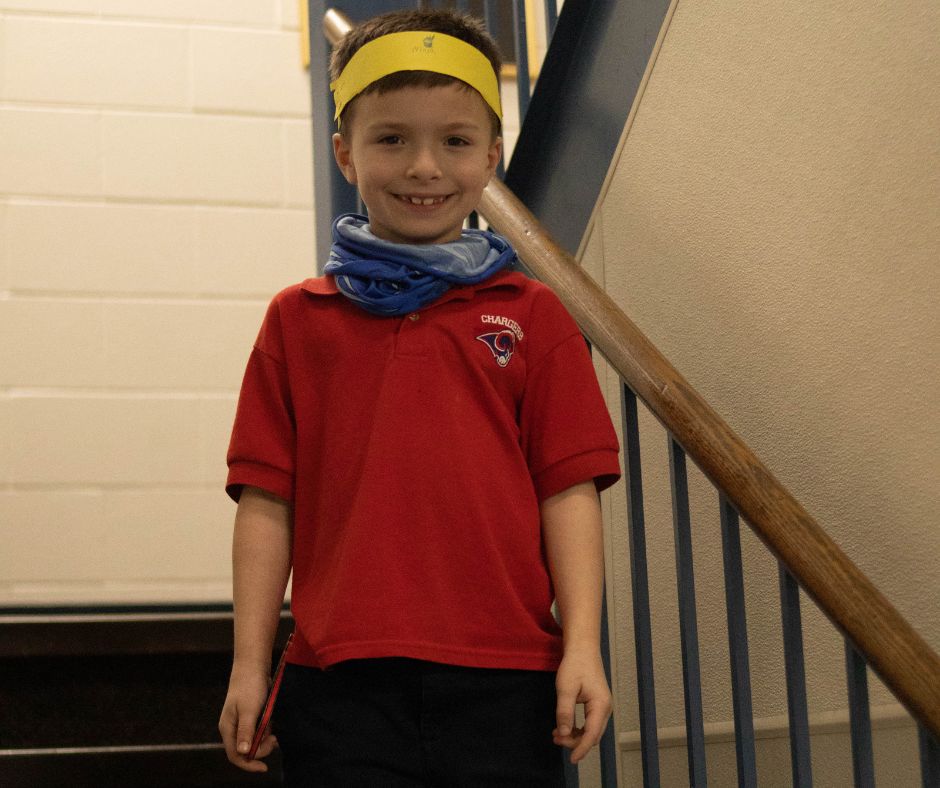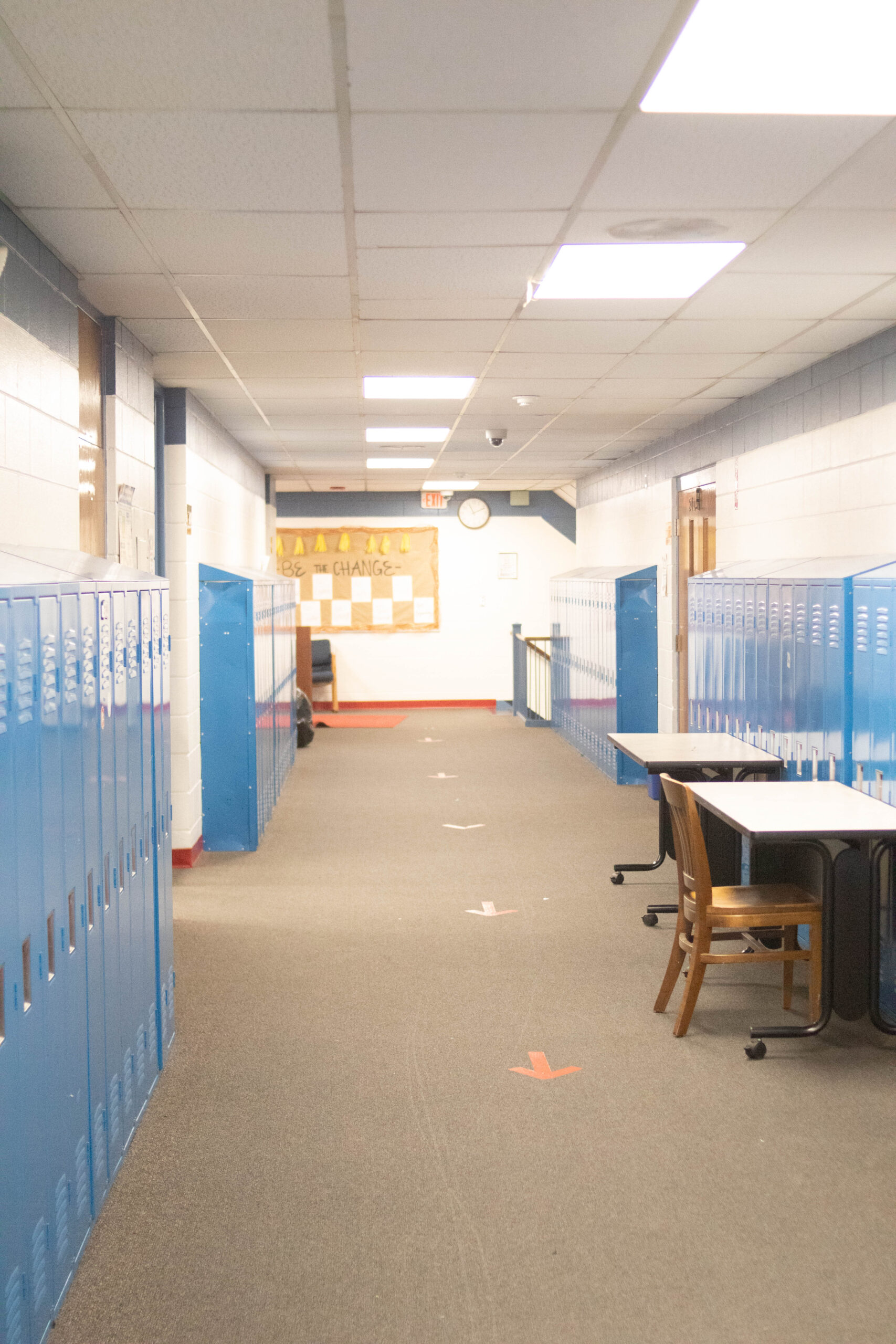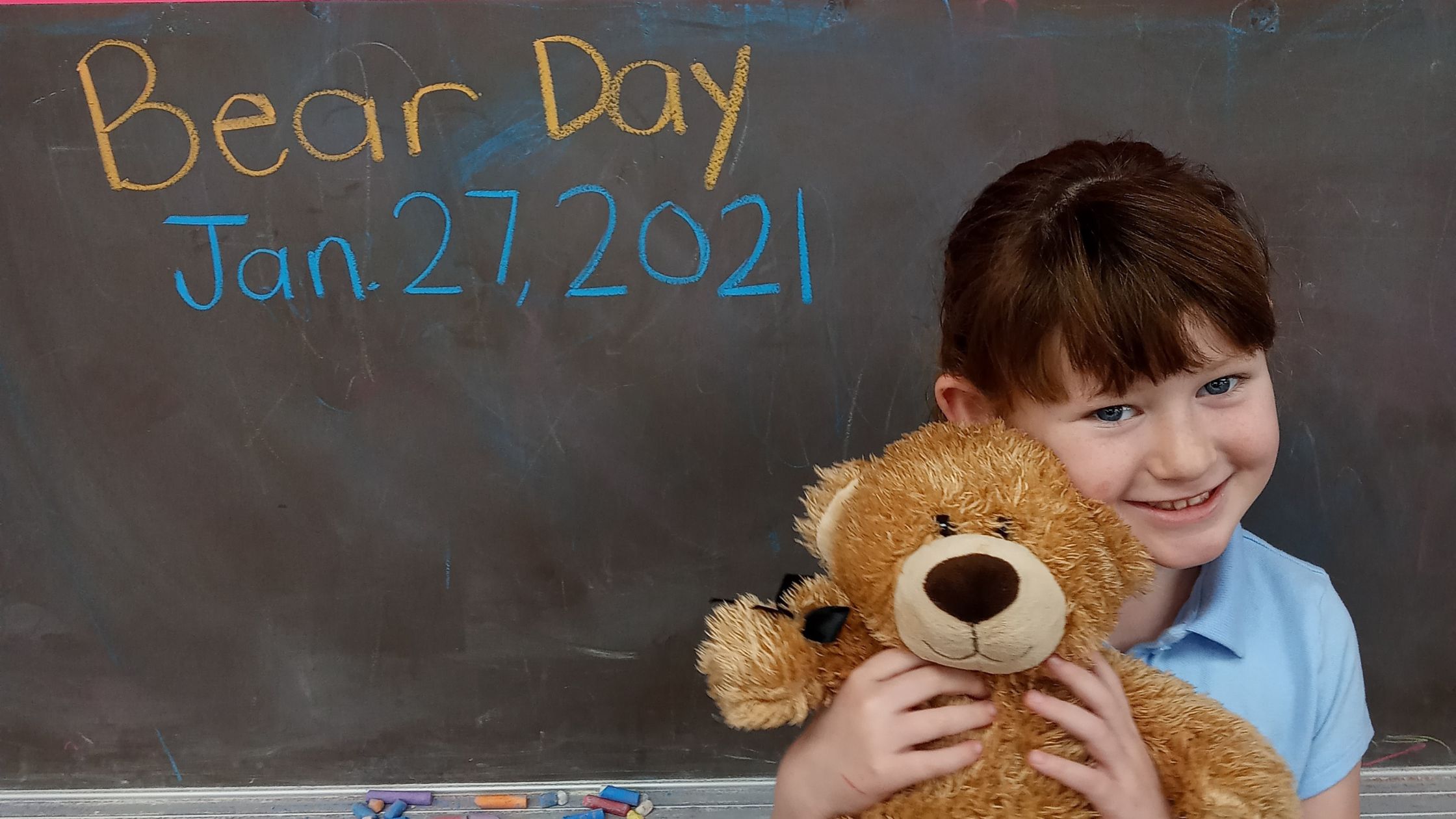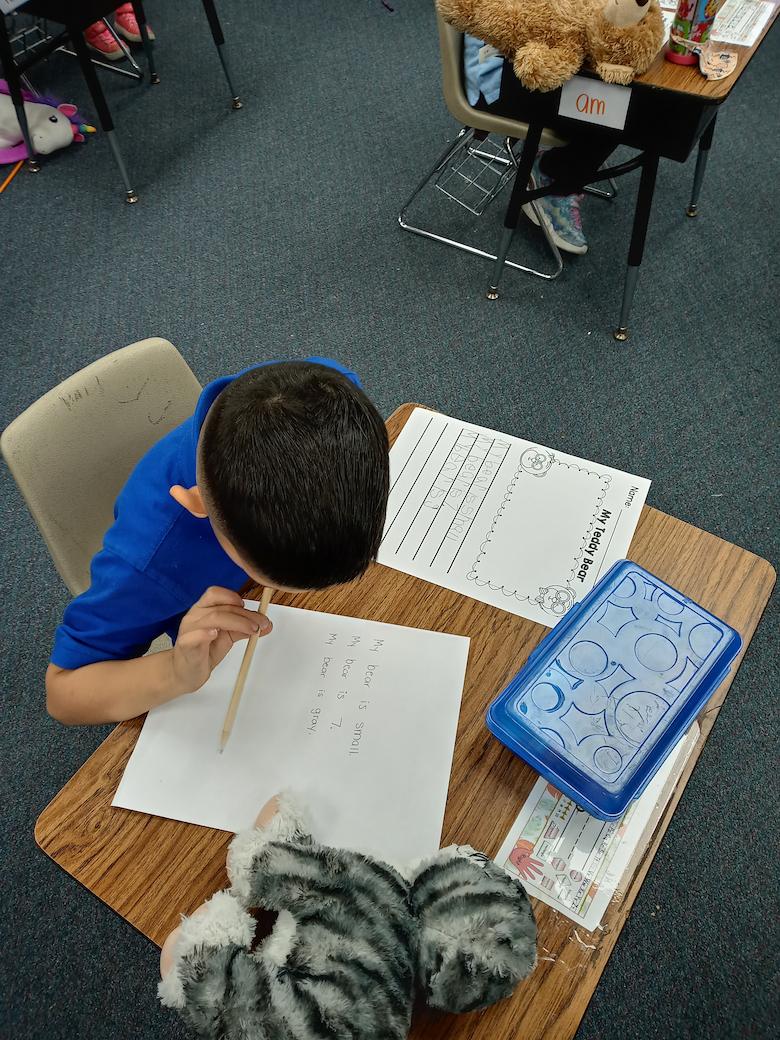Early childhood education is like planting the seeds of knowledge in young minds. It is a crucial step in the growth and development of any child, as it sets the foundation for future learning and skills. Just as a seed needs water, sunlight, and soil to grow into a strong and sturdy plant, early childhood education also requires nurturing and care to prepare children for the exciting and challenging world that awaits them.
In this post, we’ll delve further into what is early childhood education and whether is ECE important.
What is Early Childhood Education?
An early childhood education program (ECE) is a type of educational program focused on developing skills, knowledge, and emotional well-being in children from birth up to the age of eight. This type of education includes activities such as playing, learning basic concepts of language and math, singing, drawing, dancing, and outdoor play.
It is based on the belief that children learn best through active engagement and exploration. As such, it is designed to provide activities that foster the physical, social, emotional, and cognitive growth of children. Research has found that early education can significantly improve a child’s academic and cognitive development, as well as their social and emotional skills.
In Indianapolis, Indiana, the On My Way Pre-K program provides grants for an early childhood education program to eligible children. This includes access to high-quality early childhood education programs, free activities, and resources to help children develop their abilities. Families who receive the grant can use it to pay for any approved On My Way Pre-K program for early childhood care. This grant can help offset the cost of private schools.
Why is Early Childhood Education Important?

Early childhood education is important for many reasons. Not only does it help young learners with human development by incorporating the basic skills and knowledge they need to succeed, but it also helps build a strong foundation for future success. With early childhood education, children are learning how to problem solve, interact with others, regulate emotions, and think critically about the world around them.
Early Childhood Education programs are also important because it helps children develop positive self-esteem, self-confidence, and a sense of security in the world. This will help them to be comfortable with their early childhood educators, other children, and school environment. Additionally, early education also builds a child’s social skills so they can interact with others in appropriate ways in their early years.
Plus, schools today are increasingly recognizing the importance of early childhood education. They understand that educating children through play and experimentation is best, rather than traditional teaching methods. Consequently, the elementary school system now focuses on providing an environment for children where they can explore, interact with their peers, and practice positive behavior, hence building a solid and broad foundation and fostering brain development.
Does Early Childhood Education Really Make a Difference?
It is often said that early childhood education can make a huge difference in a child’s early years. Research shows that the effects of ECE last well into adulthood, with children who had access to early learning programs having higher academic achievement and graduation rates than those who did not. Hence, making young children responsible future citizens and adults.
A study on the Impacts of Early Childhood Education on Medium- and Long-Term Educational Outcomes also show that children who participated in early education programs are more likely to have high-school grade retention, graduate from high school, have a reduction in the need for special education and overall a successful future. Not to mention, special education classes were proven to be an economic burden, therefore, early childhood education brings economic benefits.
The CDC also points out that ECE protects against the development of future onset of adult disease and disability. As well as, it can provide them with an opportunity to achieve school readiness, and lifelong employment, better career options, and health. They are also less likely to engage in risky behavior, have higher self-confidence, and display fewer emotional problems.
How Do Teachers Take Into Account ECE In Their Education Plans?
An early childhood educator plays a key role in helping children get the most out of their early education program and for lifelong learning. They must be aware of the need to balance traditional teaching methods with more interactive and playful activities.
Preschool teachers should strive to create an environment where children feel free to explore, use their imagination, and engage in meaningful learning experiences, hence fostering holistic development. This could include providing stimulating play-based activities and lesson plans, as well as projects and tasks that help them develop critical thinking skills and other long-term benefits.
In addition, elementary school teachers should guide children in developing their social and emotional skills. This could involve teaching them how to communicate effectively with others, problem-solving techniques, and strategies for managing emotions, all important skills in a child’s life.
Finally, teachers must also take into consideration the individual needs of each student when planning their lesson plans. This means tailoring activities and lessons to the specific needs and interests of each child, ensuring they are fostering early childhood development.
Early Childhood Education Can Make a Lasting Difference
Early childhood education is more than just learning basic academics for a child’s education. It’s also an opportunity for them to develop vital skills that will stay with them well into adulthood. By understanding why early childhood education is important and how to implement it in the classroom, teachers can help ensure their students are getting the most out of their education.
By providing a stimulating learning environment where children feel safe, secure, and supported, teachers can give them the necessary foundation for success beyond their preschool years.
Here at the Central Christian Academy, we are committed to providing our students with the highest quality of early childhood education. Our early childhood educators strive to create an environment where children can grow and learn in a safe and nurturing environment. If you would like to learn more about our ECE program, please contact us today!










